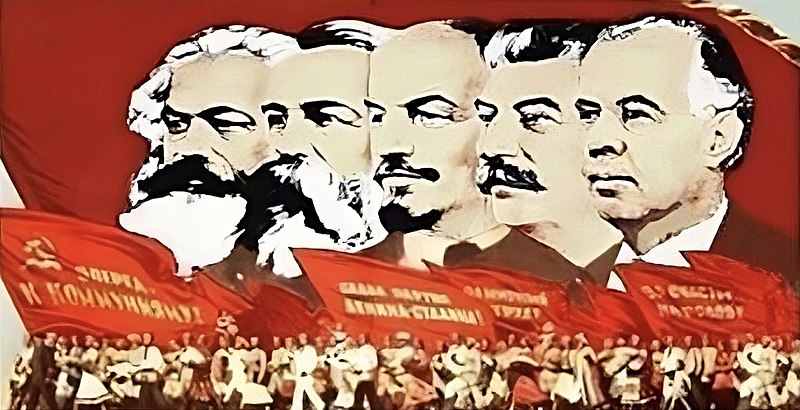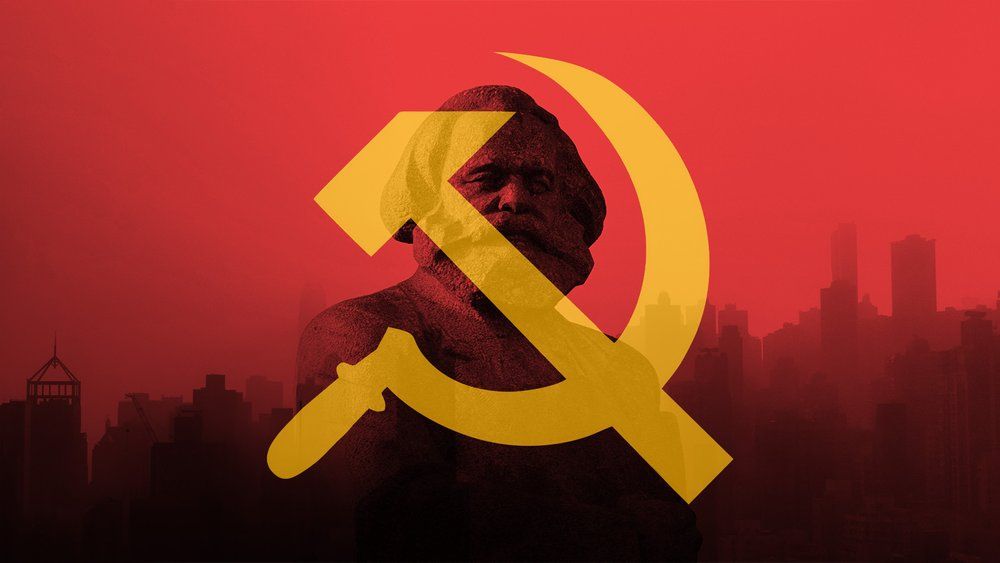Marxism is a political and economic theory that was first introduced by Karl Marx and Friedrich Engels in the mid-19th century. It is based on the idea that society is divided into two classes: the ruling class, who own the means of production, and the working class, who do not. Marxism seeks to abolish this class system and create a society where all individuals have equal access to resources and opportunities. While Marxism has been influential in shaping the course of history, it has also faced criticism and opposition. In this essay, we will explore the pros and cons of Marxism with historical references, quotes, and theories.
Pros of Marxism:
1. Equality and Justice: Marxism is based on the idea of equality and justice. It seeks to eliminate the class system and create a society where all individuals have equal access to resources and opportunities. This idea has been inspiring for many people who have been oppressed and marginalized throughout history. For example, in the 20th century, Marxism played a significant role in the struggle for civil rights in the United States and the anti-apartheid movement in South Africa.
2. Critique of Capitalism: Marxism provides a critical analysis of capitalism and its flaws. According to Marx, capitalism is a system that benefits the ruling class at the expense of the working class. This idea has been supported by many social scientists and economists throughout history. For example, in the 1930s, John Maynard Keynes, a famous economist, argued that capitalism was prone to periodic crises and that government intervention was necessary to stabilize the economy.
3. Internationalism: Marxism is an internationalist theory that seeks to unite the working class across national borders. This idea has been influential in many movements throughout history, such as the International Workers' Association and the International Socialist Organization.

Cons of Marxism:
1. Totalitarianism: Marxism has been associated with totalitarianism, which is a form of government where the state has total control over every aspect of citizens' lives. This idea has been criticized by many human rights activists and political theorists, who argue that it leads to the suppression of individual freedoms and the violation of basic human rights. For example, the Soviet Union, under Stalin's rule, was a totalitarian state that committed numerous human rights abuses.
2. Economic Inefficiency: Marxism has been criticized for its economic inefficiency. According to critics, Marx's theory fails to account for the role of entrepreneurship and innovation in creating economic growth. This criticism has been supported by many economists, who argue that capitalism is a more efficient economic system than socialism.
3. Lack of Incentives: Marxism has also been criticized for its lack of incentives. According to critics, Marx's theory fails to recognize the importance of incentives in motivating individuals to work hard and be productive. This criticism has been supported by many economists, who argue that capitalism provides individuals with the necessary incentives to be productive and innovative.
In conclusion, Marxism has had a significant impact on the course of history, and its ideas have been both inspiring and controversial. While Marxism provides a critical analysis of capitalism and promotes the ideas of equality and justice, it has also been associated with totalitarianism and criticized for its economic inefficiency and lack of incentives. As with any political theory, Marxism has its advantages and disadvantages, and its effectiveness as a system of governance is still subject to debate.

Comments